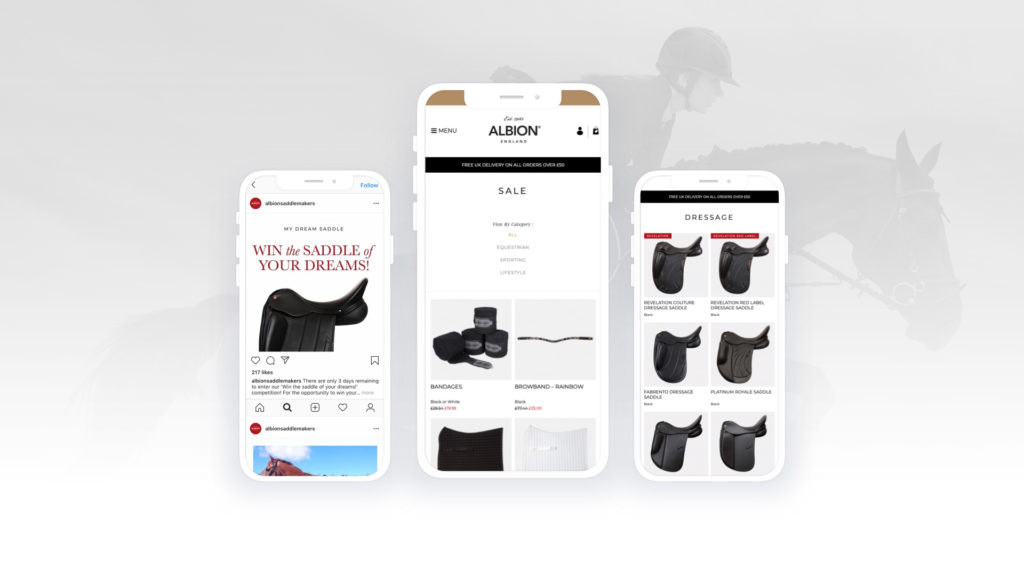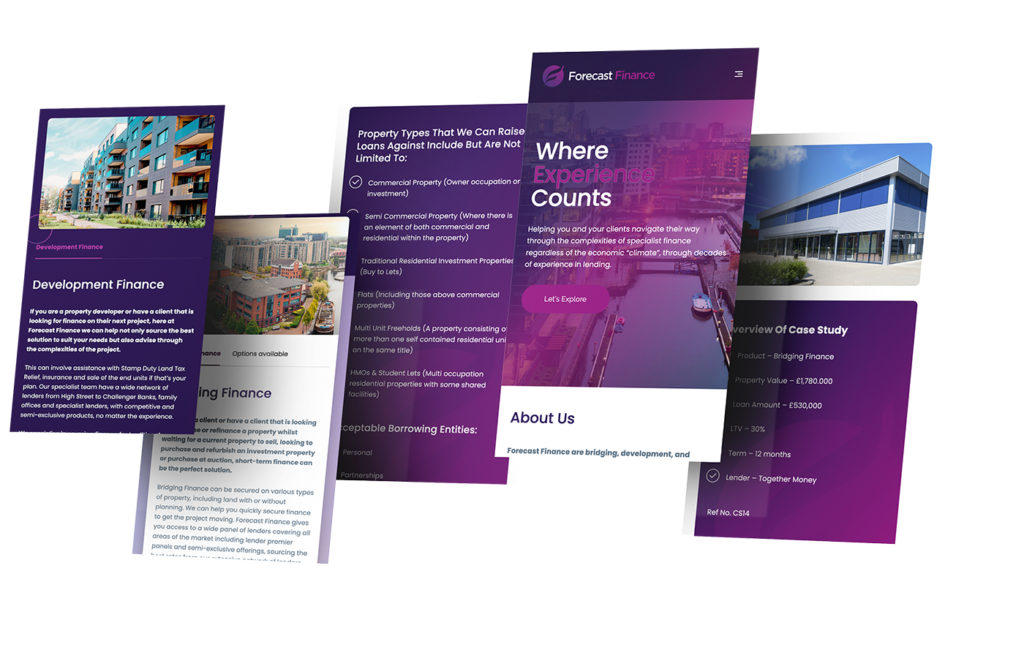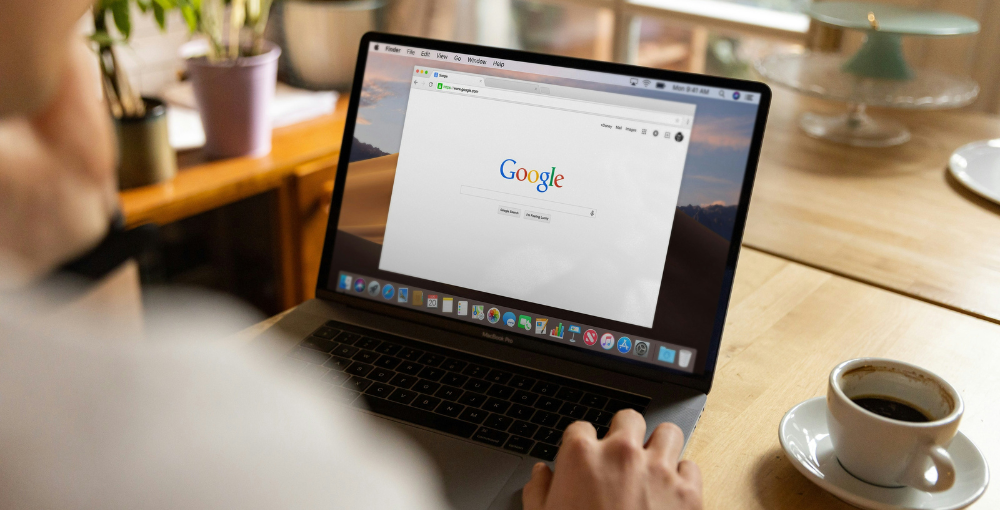If you’re looking to increase your online visibility, chances are you’ve come across Search Engine Optimisation and Pay-Per-Click. While both are powerful tools for driving traffic to your website, understanding how they work – and how they differ – is key to making the most of your digital marketing strategy.
In this blog, we’ll explore the difference between SEO and PPC, and how a joined-up approach can help increase lead generation and sales for your business.
Organic SEO vs PPC: Understanding the Difference
Search Engine Optimisation (SEO) is all about making strategic improvements to your website to help it rank higher on search engine results pages (SERPs). This includes everything from creating useful, relevant content to making sure your site is technically sound and easy to navigate.
SEO is a long-term strategy that takes time to build authority and trust with search engines. However, the long-term benefits make it a worthwhile investment. A strong SEO strategy allows you to attract the right audience organically and, over time, can become one of the most cost-effective ways to drive consistent traffic to your website.
Pay-Per-Click (PPC) advertising, on the other hand, offers a level of control, precision targeting, and measurable results that few other marketing channels can match. Whether you want to boost website traffic, drive online sales, or build brand awareness, campaigns can be tailored and refined as your business grows. While SEO requires patience, PPC can offer fast exposure by placing your brand directly in front of your target audience on search engines, websites, apps and social media.
Moreover, it gives you the flexibility to scale your campaign budget as needed. You can adjust your spend based on what’s working, giving you the freedom to make informed decisions along the way.
The Power of Combining Organic SEO and PPC
Some people view organic SEO and PPC as an either-or decision. But the truth is, they are most effective when they work together. Here’s why:
Improved visibility: Integrating your SEO and PPC strategy can significantly boost your visibility on search engine results pages (SERPs). When your brand appears in both the organic and paid listings for the same search term, it not only increases the likelihood of driving web traffic but also reinforces your credibility and trustworthiness. The more touchpoints you create, the better.
Adaptability: PPC offers the flexibility to respond quickly to gaps or changes in your SEO performance. For example, if your organic rankings drop due to an algorithm update, PPC can keep your brand visible while your SEO catches up. It’s also ideal for targeting time-sensitive campaigns, such as product launches, where waiting for organic rankings just isn’t efficient.
Stronger ROI: By combining the long-term value of SEO with the immediate impact of PPC, you can maximise your marketing ROI. SEO helps build a sustainable stream of organic traffic over time, reducing your reliance on paid efforts over time. Meanwhile, PPC delivers quick wins and precise targeting. Together, they complement each other – offering both stability and flexibility – so you can choose the most effective approach depending on your goals.
As an experienced SEO and PPC agency, we believe that every well-planned and connected digital marketing strategy should combine both SEO and PPC, aligning your message and goals across both channels for stronger results.
TODAY’S
MARKETING
DEMANDS
MORE
IS YOUR TEAM READY?
Boost skills and confidence with expert-led masterclasses tailored to your goals.
Download our brochure to explore our full range of training options.
How to Know When to Prioritise Between Organic SEO vs PPC
When you’re new to digital marketing, deciding whether to prioritise SEO or PPC often comes down to your goals and how quickly you need to see results.
Whether you’re building long-term visibility or looking for a short-term boost for lead generation, knowing when to prioritise SEO or PPC can make a big difference. Here are a few key tips to help you decide what’s right for your brand.
1. Define your business goals clearly
If your goal is long-term growth and consistent online visibility, prioritise SEO. If you’re focused on short-term results, such as launching a new product, PPC will be more effective.
2. Consider your timeline
SEO can take months to see real traction, so if you need results fast, start with PPC to generate immediate traffic, while your SEO efforts build in the background.
3. Look at your budget
SEO typically requires time and expertise, but it’s more cost-effective long term. PPC offers immediate exposure but requires ongoing spend to stay visible. If your budget is limited, start with a strong SEO strategy as your foundation.
4. Use data from one to inform the other
The research you carry out for your SEO strategy can offer valuable insights that also benefit your PPC campaigns and vice versa. For instance, if you discover that your website ranks in organic search for a term like ‘Facebook Ads Agency’, that’s a strong indicator it resonates with your audience. You could then use that same keyword in your PPC ads to boost visibility and reach an even wider audience.
5. Don’t treat it as either/or
Think of your SEO and PPC as a combined strategy. A joint approach often leads to stronger visibility, better audience targeting, and a more consistent online presence.
Need Support with Your SEO and PPC Strategy?
Our SEO and CRO marketing team specialise in creating integrated campaigns that combine the best of both worlds. Find out more about how we can support your business with our PPC services or get in touch to start building your tailored strategy.
If you’re looking to choose between Organic SEO vs PPC, explore more of our blog content for guidance on making the most of your digital marketing efforts.




















